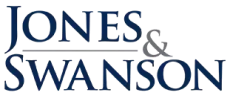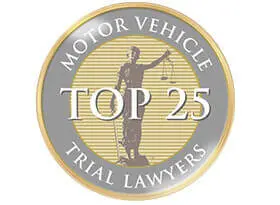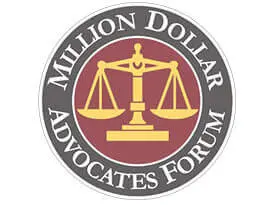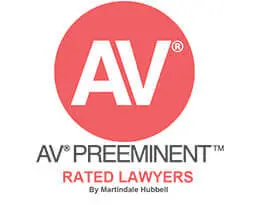While being in a car accident can cause serious injuries, it can also result in major property damage. Getting your car repaired and fixed after a collision can be a stressful process. It is important to understand what damages you are entitled to recover, if the collision was entirely the other driver’s fault.
- First, you are obviously entitled to the fair and reasonable costs associated with repairing your vehicle. If the cost to replace your vehicle is about the same or more than the cost to repair, your car will likely be deemed a total loss. In that situation, your claim is for the fair market value of the vehicle in its pre-accident condition.
- Second, if any personal property was damaged or destroyed, you should make a claim to the adjuster. You can do this by itemizing and photographing the damaged items. Again, you will be entitled to the fair market value of the items – NOT necessarily the replacement cost.
- Third, if your vehicle is repaired and not a total loss, you may have a claim for the diminished value of your vehicle. Diminished value is the term used to describe the change in value of your vehicle due to the damage it sustained. Most adjusters will not offer this information up front, so you should be prepared to raise the issue yourself.
There are three potential sources of recovery for your property damages: liability coverage under the other driver’s insurance, collision coverage under your own auto policy (if you have it), or your own uninsured motorist coverage (if you have it). If you are struggling to get the repairs handled appropriately by the other driver’s liability insurance, you might consider having your own insurer pay for the repairs under your collision coverage. This coverage does have a deductible, but if your insurance company later recoups the funds from the at-fault driver’s insurer, your agency should refund that deductible to you. Uninsured motorist coverage would typically only apply in situations where the other driver is unknown. It also applies if the other driver is known but had no insurance, or had insurance but the coverage is being denied for some reason, like failure to pay premiums.
Important Steps In The Process
- Report the claims. Call the insurance company for the at fault driver.
- Have your vehicle inspected. An adjuster will have to examine your vehicle and determine if it is a total loss or if it can be repaired.
- Repair costs or total loss estimate. The adjuster will prepare an estimate to document the needed repairs if the vehicle is not a total loss. If the vehicle is a total loss an offer for the fair market value should be made.
- Repair made. A body shop should be used to repair your vehicle.
- Diminution in value. A claim for diminution in value should be made if your vehicle is repaired.
While these are general guidelines for getting your car repaired after an accident, it is important to note that each insurance company has different policies. You should maintain regular communication with the insurance adjuster in charge of your case throughout the process. This can help ensure you meet all the requirements to have your vehicle repair costs covered.
Dedicated Marietta Car Accident Lawyers For Your Case
At Jones & Swanson, we provide compassionate representation to victims of car accidents. After an accident, finding out insurance information and pursuing a claim for compensation can be stressful. With our diligent Marietta car accident attorneys, you can receive knowledgeable assistance for your case. We have guided hundreds of clients through the Georgia legal system, and can answer your questions along the way.
Discuss your case with our experienced team. Contact us today for a free initial consultation.










